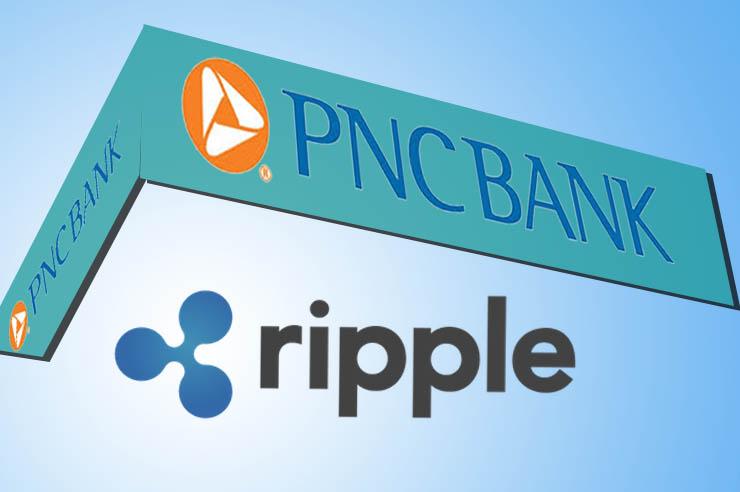Sep 4, 2019
by Wayne Jones
US Banking Giant PNC Goes Live On RippleNet
.
Disclaimer: The views and opinions expressed in this article are for informational purposes only and do not constitute financial, investment, or other advice. Investing in or trading crypto assets comes with a risk of financial loss.
Am Wayne, a Blockchain enthusiast and expert in crypto trading. Currently, I cover trendy issues on digital currencies.
